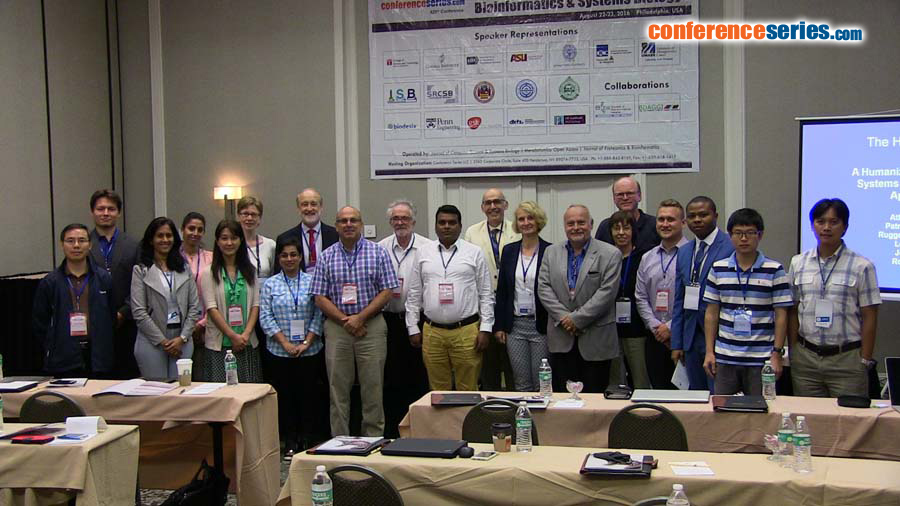
Mark A. Feitelson
Temple University, USA
Title: Identification of Early Drivers of HBV associated Hepatocarcinogenesis
Biography
Biography: Mark A. Feitelson
Abstract
There are more than 350 million people worldwide who are chronically infected with hepatitis B virus (HBV) and are at risk for the development of chronic liver diseases (CLD). CLD consist of hepatitis, fibrosis and cirrhosis, and finally the appearance of hepatocellular carcinoma (HCC). HCC is the 5th most common cancer and 2nd most deadly form of cancer worldwide. Although surgical resection and liver transplantation may be curative, clinical symptoms do not appear in most patients until the tumor is multinodular. The mechanisms underlying the pathogenesis of HCC have not been clearly elucidated, although the virus contribution to the development of cancer involves the expression of the hepatitis B x antigen (HBx). HBx is a trans-regulatory protein that activates many signaling pathways and alters the expression of numerous host genes, although it is not known which of these many pathways and genes drive tumorigenesis. To approach this problem, the “the Cancer Genome Atlas (TCGA) and the Gene Expression Omnibus (GEO) were queried to identify genes and/or pathways that are differentially expressed in HCC compared to surrounding non-tumor liver. This identified over 2,700 genes that were differentially expressed. When the latter were compared to the 140 driver mutations in all cancers, 26 drivers had changes in expression levels among patients who developed HCC. Two of these drivers showed differential expression in the liver prior to the development of HCC that inversely correlated with DNA methylation activity. These were identified as the tumor suppressor, TET methylcytosine dioxygenase 2 (TET2), and the oncogene, myeloproliferative proliferative leukemia protein (MPL). These two genes are known to be upstream regulators of other driver genes altered in HBV associated HCC. They reside in biochemical pathways known to be altered by HBx in hepatocarcinogenesis. These pathways also include genes that promote survival, growth, DNA repair, and regulate both cell cycle arrest and apoptosis. These findings imply that HBx epigenetic changes in driver gene expression appears to occur prior to the appearance of driver mutations recorded in the literature, and that changes in TET2 and MPL expression may trigger subsequent changes in the expression/activity levels of many downstream molecules that are known to drive tumorigenesis.


